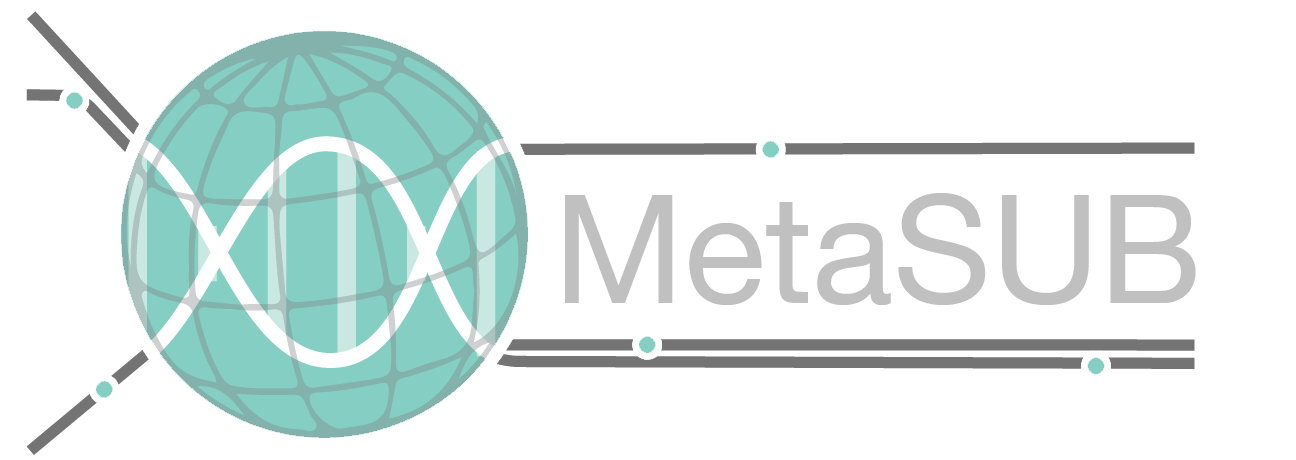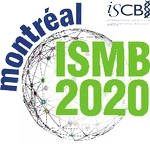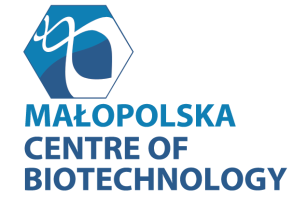CAMDA - What is CAMDA?
The increasing relevance of Big Data forms one of the grand challenges in modern life sciences. Analysing large data sets is consequently emerging to be one of the scientific key techniques in the post genomic era. Recently, the growing need for the analysis of massive data has further accelerated by the advent and fast development of high-throughput next-generation sequencing technologies and the necessarily increasing cohort size of biomedical studies. Still the data analysis bottleneck limits the rate with which technological advances in genome-scale experimental platforms can actually provide new medical and biological insights.
CAMDA focuses on the analysis of massive data in the life sciences. It introduces and evaluates new approaches and solutions to the Big Data challenge. The conference presents new techniques in the field of bioinformatics, data analysis, and statistics for the handling and processing of large data sets, the combination of multiple data sources, and effective computational inference.
An essential part of CAMDA is its open-ended data analysis challenge of complex data sets, often featuring novel technological platforms, exceptionally large cohorts, and heterogeneous data sources and types. Academic and industrial researchers worldwide alike are invited to take the CAMDA challenge. Accepted contributions are presented in short talks, and the results of analyses are discussed and compared at the CAMDA conference. Both contestants and other interested researchers are welcome at the meeting. Posters can provide an additional opportunity of presenting and discussing work.
CAMDA has a track record as a well-recognized annual conference going back to the year 2000. It soon received considerable attention from high impact journals like Nature (ref. 1, 2) and was featured in an editorial in Nature Methods in 2008 (ref. 3). Recently called the 'Olympics for Genomics', this allusion indicates the ambitious and wide-ranging nature of the contest. The meeting has regularly been supported by high-profile organizations like the FDA and NIST.
Keynotes by leading researchers in the field provide further focus points for discussion at the meeting, and have recently included talks by Atul Butte and Sandrine Dudoit (Stanford), Mark Gerstein (Yale), Curtis Huttenhower (Harvard), John Quackenbush (Dana Farber Cancer Institute, Boston), Chris Sander (Memorial Sloan Kettering Cancer Center, New York), Eran Segal (Weizmann Institute, Israel), John Storey and Olga Troyanskaya (Princeton), and Terry Speed (Berkeley & WEHI).
Come join us this year, we look forward to your participation!
There are set of dedicated forums associated with this conference:
- a low-volume announcements mailing list,
- an open forum for general discussions , including ideas and the development of future of contest data sets and challenges,
- an open forum for contest related discussions on metagenomics, including this year's MetaSUB Forensics challenge,
- an open forum for contest related discussions on high dimensional data integration, including this year's Cancer Data Integration challenge,
- an open forum for contest related discussions on clinical toxicity results in responses to drugs, including this year's CMap Drug Safety Challenge.
References:
- Johnson, K.F. and Lin, S.M. (2001). Call to work together on microarray data analysis. Nature 411, 885.
- Tilstone, C. (2003). Vital Statistics. Nature 424, 610 (link to journal)
- Editorial feature (2008). Going for algorithm gold, Nature Methods 5, 659. (link to journal, link to article)
- Mangul, S. (2019). Systematic benchmarking of omics computational tools, Nature Communications 10, 1393 (link to article)
CAMDA publications
This section contains a compendium of links, abstracts, papers, slides, programs, and tools that supplements the papers found in the proceedings.
- CAMDA 2019 – CAMDA proceedings
- CAMDA 2018 – CAMDA proceedings
- CAMDA 2017 – CAMDA proceedings
- CAMDA 2016 – CAMDA proceedings
- CAMDA 2015 – CAMDA proceedings
- CAMDA 2014 – CAMDA proceedings
- CAMDA 2013 – CAMDA proceedings
- CAMDA 2012 – CAMDA proceedings
- CAMDA 2011 – CAMDA proceedings
- CAMDA 2009 – Paper presentations
- CAMDA 2008 – Paper presentations including slides and videos!
- CAMDA 2007 – Abstracts and presentations
- CAMDA 2006 – Abstracts and presentations
- CAMDA 2004 – Abstracts and presentations
- CAMDA 2003 – Springer publisher site | abstracts and presentations
- CAMDA 2002 – Springer publisher site | abstracts and presentations
- CAMDA 2001 – Springer publisher site | abstracts and presentations
- CAMDA 2000 – Springer publisher site | abstracts and presentations
Links to earlier CAMDA conferences
- CAMDA 2019, Full conference track of ISMB/ECCB 2019 in Basel, Switzerland.
- CAMDA 2018, Full conference track of ISMB 2018 in Chicago, U.S.A.
- CAMDA 2017, Full conference track of ISMB/ECCB 2017 in Prague, Czech Republic.
- CAMDA 2016, Satellite Meeting of ISMB 2016 in Orlando, U.S.A.
- CAMDA 2015, Satellite Meeting of ISMB/ECCB 2015 in Dublin, Ireland.
- CAMDA 2014, Satellite Meeting of ISMB 2014 in Boston, U. S. A.
- CAMDA 2013, Satellite Meeting of ISMB/ECCB 2013 in Berlin, Germany
- CAMDA 2012, Satellite Meeting of ISMB 2012 in Longbeach, California, U. S. A.
- CAMDA 2011, Satellite Meeting of ISMB/ECCB 2011 in Vienna, Austria
- CAMDA 2009, Northwestern University, Chicago, U. S. A.
- CAMDA 2008, Boku University Vienna, Austria.
- CAMDA 2007, CIPF, Valencia, Spain.
- CAMDA 2006, Duke University, North Carolina, U. S. A.
- CAMDA 2004, Duke University, North Carolina, U. S. A.
- CAMDA 2003, Duke University, North Carolina, U. S. A.
- CAMDA 2002, Duke University, North Carolina, U. S. A.
- CAMDA 2001, Duke University, North Carolina, U. S. A.
- CAMDA 2000, Duke University, North Carolina, U. S. A.

























STAY CONNECTED
Tweet